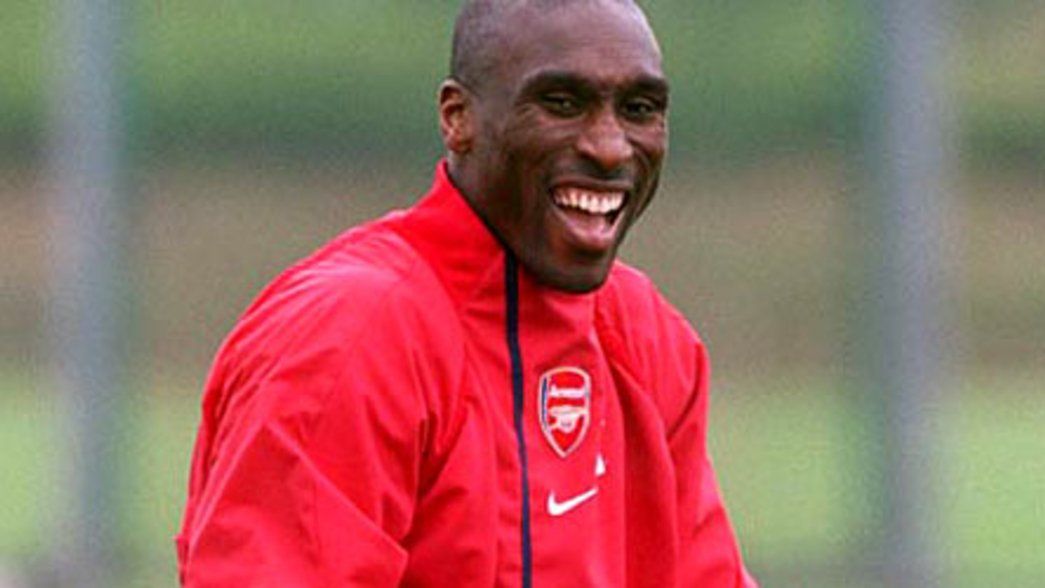A total of nine players have dared to cross the North London divide from Tottenham to Arsenal, but none of them enhanced their reputations quite as much as Sol Campbell.
The captain, and jewel in the crown, of the White Hart Lane club, Campbell rose through the ranks and achieved international acclaim early in his career. In fact at the age of 23 Sol became the second-youngest player to lead England, behind Bobby Moore (although Michael Owen has since eclipsed that). However, a short trip down the Seven Sisters Road and, surrounded by great players as he was at Arsenal, the centre-back grew into one of the game’s finest centre-backs.
His first season ended with exactly what he had left Spurs for - trophies, and two of them, the FA Cup and Premier League to be exact. During that campaign Campbell thrived alongside the outward-bound Tony Adams; rarely have an Arsenal defensive duo displayed such strength of character.
Sol had proved himself almost impregnable and, in November 2001, when he returned to White Hart Lane with his new club, he showed that even the most daunting of occasions could be handled with mettle. The media hype and subsequent torrent of abuse aimed in his direction failed to upset Campbell; he performed with typical resoluteness.
On the field, the east Londoner’s strength was his athleticism. His bludgeoning power and fearsome frame worked in tandem with fast-moving feet. And there was, strangely for a man of his build, serenity in the way he carried himself, too. He was never willing to throw in the towel and often appeared visibly hurt in defeat - characteristics that endeared him to his new fans.
In the summer after the 2002 ‘double’, Campbell headed east to the World Cup in Japan and Korea. While heartache once again enveloped the nation, the Arsenal man performed sufficiently well before England’s exit at the Quarter-Final stage to be named in the Team of the Tournament. An era of Campbell dominance was upon us.
The following season, without a regular partner, he shouldered the majority of responsibility in defence. It led to the manager calling him a ‘super rock’. But Campbell missed the FA Cup Final that year through suspension. His response was to be the cornerstone of the ‘Invincibles’ side of 2003/04, a campaign in which the Gunners conceded just 26 goals, the fewest in League. The title was won that year in front of the same fans that had berated him so ferociously down the years.
Arguably, though, the now aging Campbell saved his finest moment for his final game. The defender had had a mixed campaign, blighted by personal problems, but called upon his formidable inner strength to ready himself for the 2006 Champions League Final in Paris. After 37 minutes he rose majestically, meeting a Thierry Henry free-kick, to nod the Gunners in front. History, of course, tells us that it wasn’t enough but it is a moment that is etched in the mind of Arsenal fans throughout the globe.
Sol left Arsenal that summer in search of a fresh challenge. He found it at Portsmouth where he led the south-coast outfit to their first major piece of silverware in half a century.
Campbell returned on a short-term deal in January 2010 after having trained with the squad since October. With that he became only the fifth player in the Club's history to rejoin and enjoyed several first-team opportunities thanks to injuries to the likes of Thomas Vermaelen and William Gallas towards the end of the campaign. He made 14 appearances in his second spell, scoring against Porto in the Champions League along the way
Sol announced his retirement from football in May 2012.










